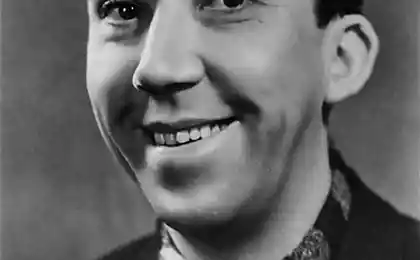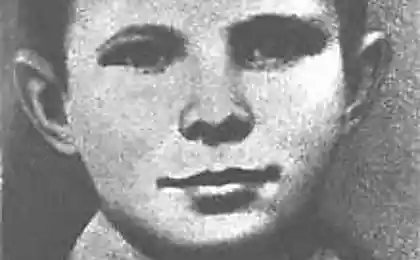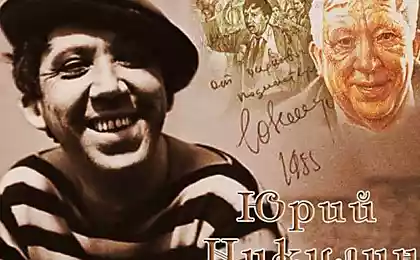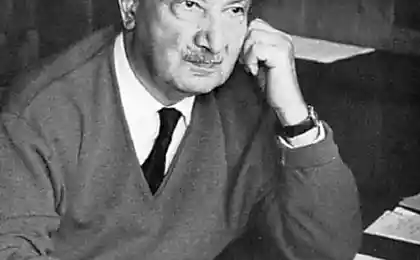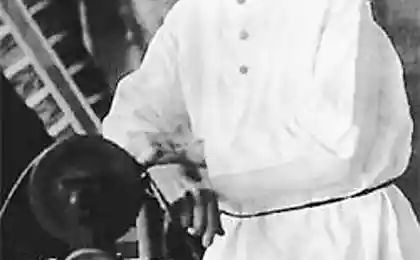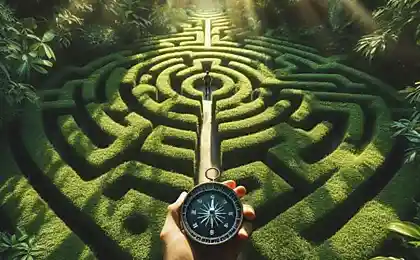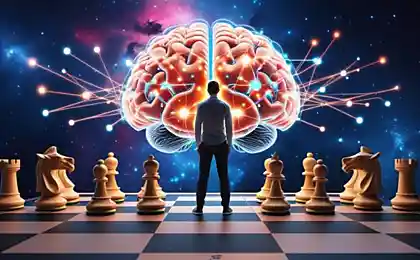422
Unjustified expectations that hinder to live
Resentment of the child necessary for normal development of the parents
"If you kick a donkey, then I hope you're not offended. If you attack someone you don't know, probably, it is also not going to be offended, and frightened, flee or fight. But if you see that your friend neglects your interests or someone you love, treats you very differently than you expect, it is an unpleasant feeling which we call resentment.
Therefore, the emotion arises from the collision of my model, which I had thrown over the reality, in this case behavior on the other, the actual behavior of the other.
Moreover, it is necessary that this other one was for me, a significant, and perhaps love. Let it be friend, lover, wife, loved one. Each of these categories of people makes me certain expectations of how they should behave in accordance with their roles in relation to me.
We here highlight at least three elements:
1. My expectations regarding human behavior, focused on me; how he must behave if he is my friend. Understanding of this comes from experience;
2. The behavior of this other person, deviating from my expectations in an unfavorable direction; for example, I expect that my son should be caring and time to go for bread, and he was buried in a book and forgot to do it;
3. Our emotional reaction caused by the mismatch of our expectations and behavior of another.
If we set the circumstances of the offense in its memory, you can always highlight these three elements. We distinguish these three elements, but the question remains: why are we still offended?
Yes, simply because we think it's the other person hard-coding our expectations, deny his right to independent action. You should consider why he didn't do what I expected, as we shall see, he had something that excluded the possibility of associated behavior expectations.
When it comes to donkey, we know that this animal lagausie that it can kick in any time, and it us not considered as programmed our expectations. We recognize the independent entity, independent from us.
But the relatives we don't recognize as such and that they offended. So, from the desire to program another comes resentment.
And if we recognized as an independent entity, which itself defines its behavior, then we wouldn't have a reason to be offended. Yes we are, and not be offended. After all, we are not offended at the weather for the fact that it suddenly got corrupted and upset all our plans! We recognize the independent nature of our expectations. And if we believed that it should correspond to our expectations, the offense would be on it. It's no wonder the Persian king Xerxes was offended by the Bosphorus, which suddenly raged, upsetting the crossing, and ordered to punish the Strait lashes. He thought that nature owed him favor, as he is the king.
But where does this idea that other people depend on us? Why do we resent those whom we love?

It is the indomitable desire to program the behavior of another and the emotional reaction to failure come from childhood. When the child resents his parents, he is programming their behavior in accordance with their expectations and punishes them for every time a deviation from these expectations guilt. The child is hurt, crying, and the parents, because they love him, feel guilty, which is stimulated by the outward signs of resentment, which is easy to read on a child's face.This guilt motivates us to change behavior, and the parents do what the child need.
Resentment of the child necessary for normal development of the parents. We used to think that raise children, but notice how they bring up us, punishing us with guilt for every mistake. At the stage of childhood is justified: the child helps the spiritual maturity of the parents, i.e. turns them from husband and wife to father and mother, producing them with the help of his resentment certain behavioral traits required for the normal development of the younger man. It is necessary for the formation of his personality.
But since the identity of the child is formed, the need of such props for creativity building personality disappears. After the house is built, the forest only interfere with life. Similarly, our resentment is an infantile reaction to the environment, playback of childhood in the adult. Look at your face when you feel offended. Because it is becoming childish and childishly wicked!"published
Trivaris books Orlov Yu. M. "Ascent to individualnosti"
P. S. And remember, just changing your mind — together we change the world! ©
Source: lawbooks.news/prakticheskaya-psihologiya_940/kak-ustroena-obida-50605.html
"If you kick a donkey, then I hope you're not offended. If you attack someone you don't know, probably, it is also not going to be offended, and frightened, flee or fight. But if you see that your friend neglects your interests or someone you love, treats you very differently than you expect, it is an unpleasant feeling which we call resentment.
Therefore, the emotion arises from the collision of my model, which I had thrown over the reality, in this case behavior on the other, the actual behavior of the other.

Moreover, it is necessary that this other one was for me, a significant, and perhaps love. Let it be friend, lover, wife, loved one. Each of these categories of people makes me certain expectations of how they should behave in accordance with their roles in relation to me.
We here highlight at least three elements:
1. My expectations regarding human behavior, focused on me; how he must behave if he is my friend. Understanding of this comes from experience;
2. The behavior of this other person, deviating from my expectations in an unfavorable direction; for example, I expect that my son should be caring and time to go for bread, and he was buried in a book and forgot to do it;
3. Our emotional reaction caused by the mismatch of our expectations and behavior of another.
If we set the circumstances of the offense in its memory, you can always highlight these three elements. We distinguish these three elements, but the question remains: why are we still offended?
Yes, simply because we think it's the other person hard-coding our expectations, deny his right to independent action. You should consider why he didn't do what I expected, as we shall see, he had something that excluded the possibility of associated behavior expectations.
When it comes to donkey, we know that this animal lagausie that it can kick in any time, and it us not considered as programmed our expectations. We recognize the independent entity, independent from us.
But the relatives we don't recognize as such and that they offended. So, from the desire to program another comes resentment.
And if we recognized as an independent entity, which itself defines its behavior, then we wouldn't have a reason to be offended. Yes we are, and not be offended. After all, we are not offended at the weather for the fact that it suddenly got corrupted and upset all our plans! We recognize the independent nature of our expectations. And if we believed that it should correspond to our expectations, the offense would be on it. It's no wonder the Persian king Xerxes was offended by the Bosphorus, which suddenly raged, upsetting the crossing, and ordered to punish the Strait lashes. He thought that nature owed him favor, as he is the king.
But where does this idea that other people depend on us? Why do we resent those whom we love?

It is the indomitable desire to program the behavior of another and the emotional reaction to failure come from childhood. When the child resents his parents, he is programming their behavior in accordance with their expectations and punishes them for every time a deviation from these expectations guilt. The child is hurt, crying, and the parents, because they love him, feel guilty, which is stimulated by the outward signs of resentment, which is easy to read on a child's face.This guilt motivates us to change behavior, and the parents do what the child need.
Resentment of the child necessary for normal development of the parents. We used to think that raise children, but notice how they bring up us, punishing us with guilt for every mistake. At the stage of childhood is justified: the child helps the spiritual maturity of the parents, i.e. turns them from husband and wife to father and mother, producing them with the help of his resentment certain behavioral traits required for the normal development of the younger man. It is necessary for the formation of his personality.
But since the identity of the child is formed, the need of such props for creativity building personality disappears. After the house is built, the forest only interfere with life. Similarly, our resentment is an infantile reaction to the environment, playback of childhood in the adult. Look at your face when you feel offended. Because it is becoming childish and childishly wicked!"published
Trivaris books Orlov Yu. M. "Ascent to individualnosti"
P. S. And remember, just changing your mind — together we change the world! ©
Source: lawbooks.news/prakticheskaya-psihologiya_940/kak-ustroena-obida-50605.html
